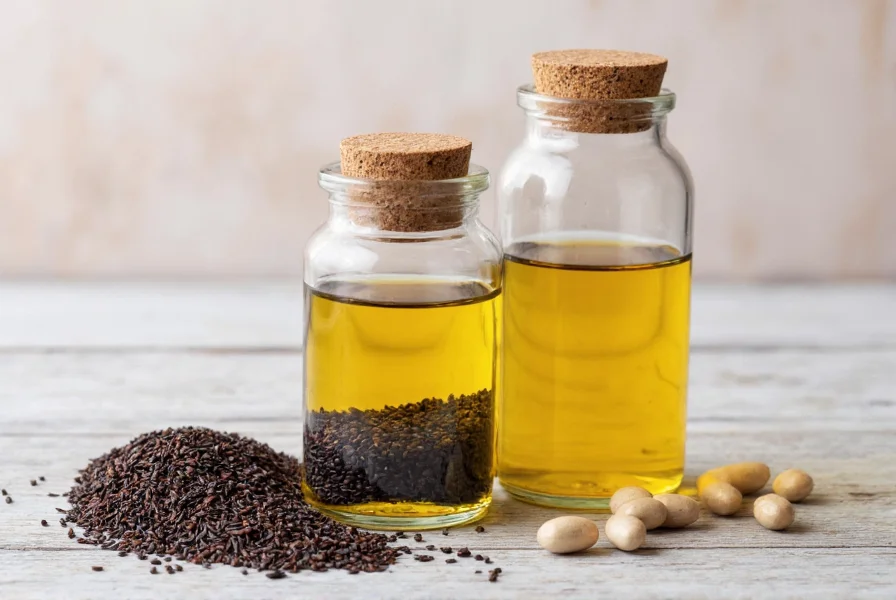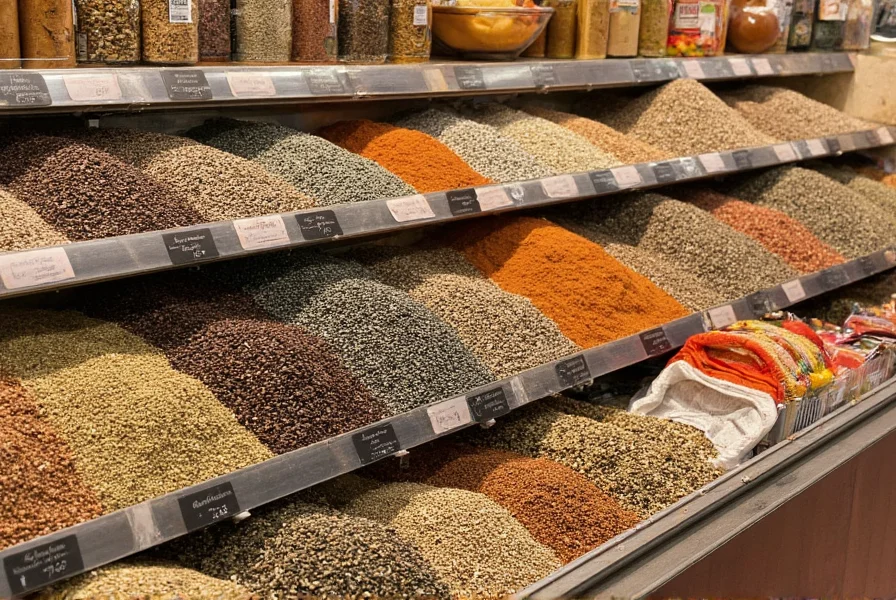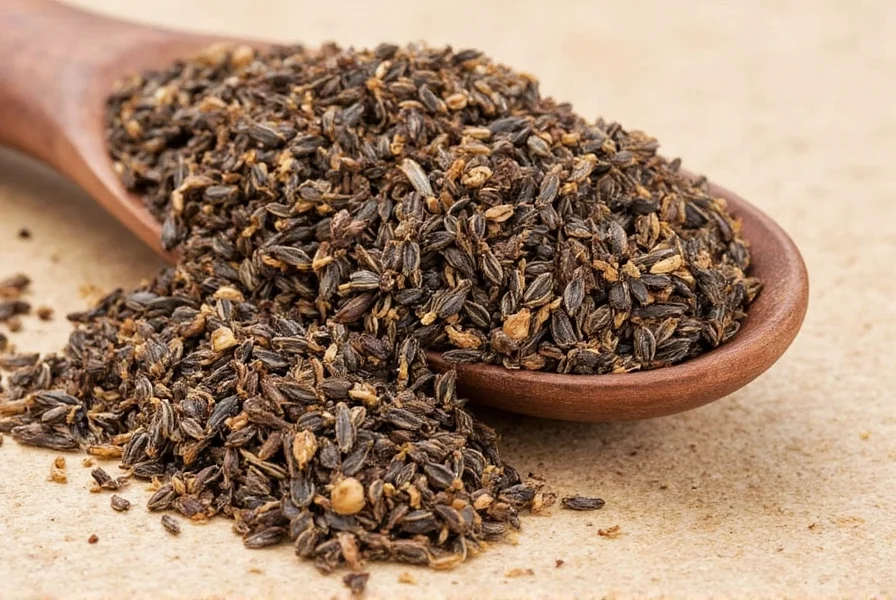Black cumin (Nigella sativa), also known as black seed or kalonji, is widely available through multiple reliable channels. You can purchase authentic black cumin seeds, oil, and supplements from reputable online retailers like Amazon, iHerb, and Vitacost, specialty health food stores such as Whole Foods and Sprouts, Middle Eastern and Indian grocery markets, and certified organic farms directly through farmers' markets or their websites.
Understanding Black Cumin Product Options
Before exploring where to buy black cumin, it's essential to understand the different product forms available. Black cumin comes in three primary formats, each serving different purposes:
| Product Form | Best For | Shelf Life |
|---|---|---|
| Whole seeds | Culinary use, traditional remedies | 2-3 years in airtight container |
| Black seed oil | Topical applications, dietary supplements | 1-2 years refrigerated after opening |
| Capsule supplements | Consistent dosing, convenience | Check expiration date on packaging |
Each form has specific quality markers to evaluate when purchasing. Whole seeds should be jet black with a matte finish, not shiny (which indicates coating). Pure black seed oil should have a deep amber color and distinct aroma. Supplements should list Nigella sativa as the primary ingredient without unnecessary fillers.

Trusted Online Retailers for Black Cumin
When searching for where to buy black cumin seeds online, several established retailers consistently offer quality products with transparent sourcing information. These platforms provide customer reviews that help verify product authenticity and effectiveness.
Major E-commerce Platforms like Amazon feature multiple black cumin options from verified sellers. Look for products with "Climate Pledge Friendly" badges and at least 100 customer reviews with 4+ star ratings. Reputable brands like Amazing Herbs and Planetary Herbals maintain consistent quality across their black cumin product lines.
Specialized Health Retailers such as iHerb, Vitacost, and Swanson Vitamins offer curated selections of black cumin products with detailed ingredient transparency. These sites typically provide third-party testing documentation and clear information about growing conditions and extraction methods for oils.
For those seeking authentic international sources, websites like iHerb Global and specialty Middle Eastern food retailers ship genuine Egyptian or Turkish black cumin directly. These sources often provide higher quality products as they source closer to the plant's native growing regions.
Physical Locations to Find Black Cumin
If you prefer purchasing black cumin in person, several brick-and-mortar options provide immediate access to quality products. Knowing where can I find black cumin near me depends on your location and the specific form you need.
Natural Food Stores like Whole Foods Market, Sprouts Farmers Market, and local co-ops typically stock black cumin seeds in their bulk spice sections and black seed oil in the supplement aisle. Staff at these stores often have product knowledge and can guide you to the highest quality options available.
Middle Eastern and Indian Grocery Stores are excellent sources for authentic black cumin seeds (often labeled as kalonji). These markets usually carry fresh, high-quality seeds in various quantities. The staff can often provide usage tips and traditional preparation methods.
Pharmacies with Supplement Sections such as Walgreens, CVS, and Rite Aid increasingly stock black seed oil and capsule supplements in their vitamin aisles. While selection may be more limited than specialty stores, these locations offer convenience for immediate needs.

Evaluating Quality When Purchasing Black Cumin
Not all black cumin products deliver equal quality or potency. When determining where to buy black cumin oil or seeds, consider these critical quality indicators:
- Origin transparency - Premium products specify country of origin (Egypt, Turkey, or India are preferred)
- Cold-pressed certification - Essential for black seed oil to preserve active compounds
- Third-party testing - Look for certificates verifying thymoquinone content (the primary active compound)
- Packaging - Dark glass bottles protect oil from light degradation
- Ingredient list - Pure black seed oil should contain only Nigella sativa
Avoid products with suspiciously low prices, as genuine black cumin requires specific growing conditions and proper extraction methods. High-quality black seed oil typically costs $10-$20 for a 2-ounce bottle, while premium seeds range from $5-$15 per pound depending on origin and freshness.
Practical Buying Considerations
When purchasing black cumin, consider these practical factors to ensure you get the best value and quality for your needs:
Quantity Needs - If using primarily for cooking, smaller seed quantities (4-8 ounces) suffice. For regular therapeutic use, larger quantities or oil forms provide better value. Seeds maintain freshness longer than oil, which degrades when exposed to light and air.
Storage Requirements - Keep seeds in airtight containers away from light and moisture. Refrigerate black seed oil after opening to preserve potency. Proper storage extends shelf life significantly, making bulk purchases worthwhile if you use black cumin regularly.
Seasonal Availability - Black cumin harvest occurs primarily in late summer. Purchasing seeds shortly after harvest (September-October) ensures maximum freshness. Many specialty retailers note harvest dates on premium products.
Sample Before Committing - When trying a new source, purchase the smallest available quantity first to verify quality and taste before investing in larger amounts. Authentic black cumin has a distinctive pungent, slightly bitter aroma with onion-like notes.
Common Questions About Purchasing Black Cumin
Is black cumin the same as black sesame seeds?
No, black cumin (Nigella sativa) and black sesame seeds come from completely different plants. Black cumin seeds are smaller, matte black, and have a distinctive pungent flavor, while black sesame seeds are shinier and have a nuttier taste. They're not interchangeable in recipes or for therapeutic use.
How can I verify if black seed oil is pure?
Pure black seed oil should have a deep amber color, not dark brown or black. It should smell strongly of oregano and have a slightly bitter, peppery taste. Check for third-party testing certificates that verify thymoquinone content (typically 0.5-1.5%). Genuine oil separates slightly when refrigerated, which is normal.
What's the difference between black cumin and regular cumin?
Black cumin (Nigella sativa) and regular cumin (Cuminum cyminum) are different plants with distinct flavors and uses. Black cumin seeds are smaller, jet black, and have a more complex flavor profile with onion and oregano notes, while regular cumin is larger, lighter brown, and has a warm, earthy flavor. They're used differently in cooking and traditional medicine.
Can I grow black cumin at home to ensure quality?
Yes, black cumin grows well in USDA zones 5-10 as an annual plant. It requires full sun, well-draining soil, and moderate watering. The plants mature in about 4 months, producing distinctive white or pale blue flowers followed by seed pods. Growing your own ensures complete control over growing conditions and harvest timing for maximum potency.
Why does black cumin price vary so significantly between sellers?
Price variations reflect differences in growing conditions, harvesting methods, and processing techniques. Premium products come from specific regions (Egypt, Turkey) known for optimal growing conditions. Cold-pressed oils require more seeds and careful processing, increasing costs. Third-party testing and organic certification also contribute to higher prices for quality-assured products.











 浙公网安备
33010002000092号
浙公网安备
33010002000092号 浙B2-20120091-4
浙B2-20120091-4